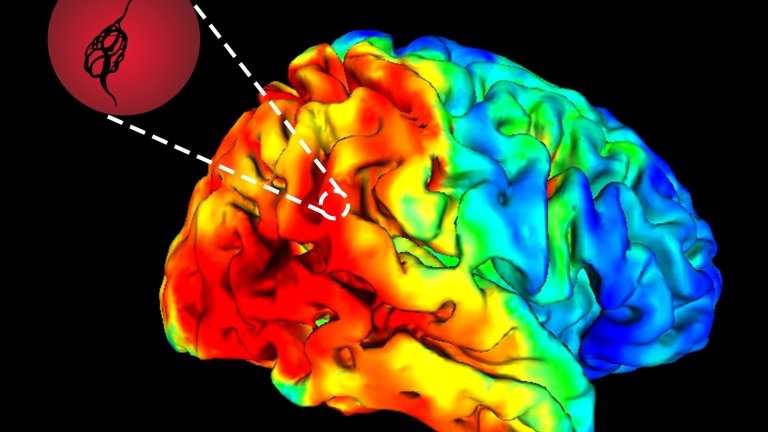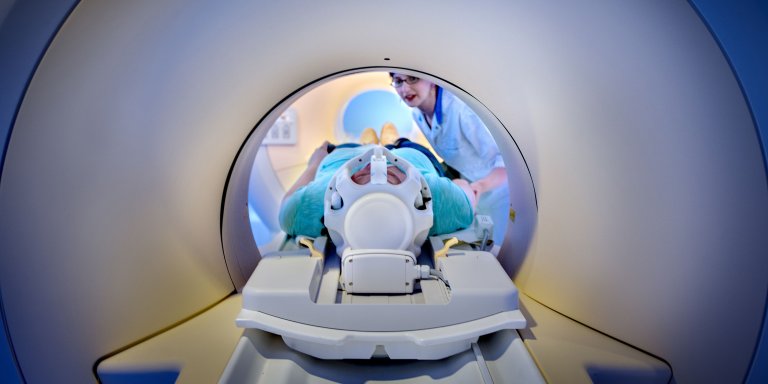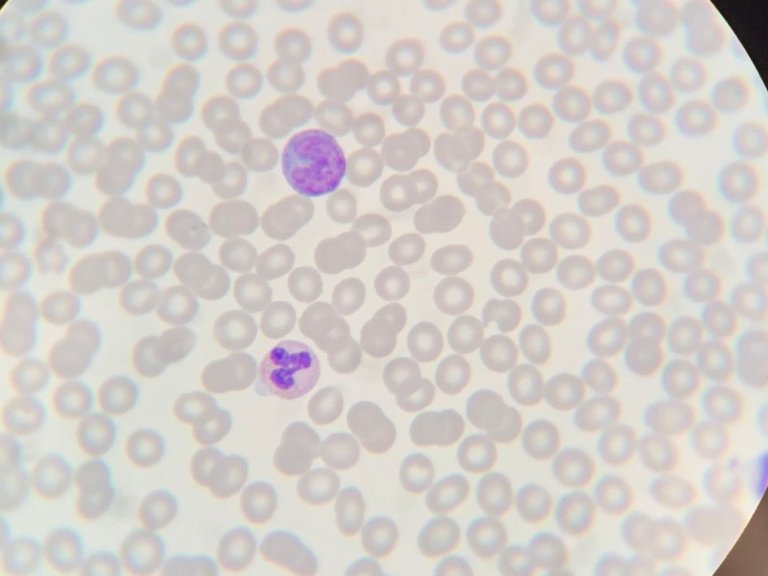The results of this study show that cognitively healthy people with abnormal amyloid-β and tau PET scans have a greatly increased risk of developing mild cognitive symptoms (19x the normal risk) or dementia (42x the normal risk) within three-and-a-half years.
Neuropsychological examinations
Researcher Rik Ossenkoppele and colleagues collected data from 1,325 individuals who had taken part in studies in the Netherlands, Sweden, Australia and the United States. Participants received an amyloid-β and tau PET scan at their first visit. Thereafter they participated in annual neuropsychological examinations in which, among other things, memory was measured. A neurologist also examined whether the participants developed symptoms that matched the diagnosis of mild cognitive symptoms or dementia. The participants were followed for three years.
Debate & Future Medicine
Since 2010, researchers have been able to visualize and quantify proteins that cause Alzheimer's disease using so-called PET brain scans. However, there is currently a debate about the role of these amyloid-β and tau proteins: One group of scientists defines Alzheimer's disease on the basis of these proteins, regardless of the presence of (memory) symptoms. Another group believes that the term "Alzheimer's disease" should only be used to describe people with demonstrable cognitive impairment. For these scientists, amyloid-β and tau proteins play a minor role.
Results from this study show that cognitively healthy people with abnormal amyloid-β and tau PET scans have a strong interest in future drugs that can be used to clear amyloid-β and tau deposits. The research also shows that PET scans can be used to estimate future clinical decline in patients.
Read the publication in Nature Medicine on research on abnormal PET scans and high risk of future memory problems .

Images: Amsterdam UMC and Rik Ossenkoppele




